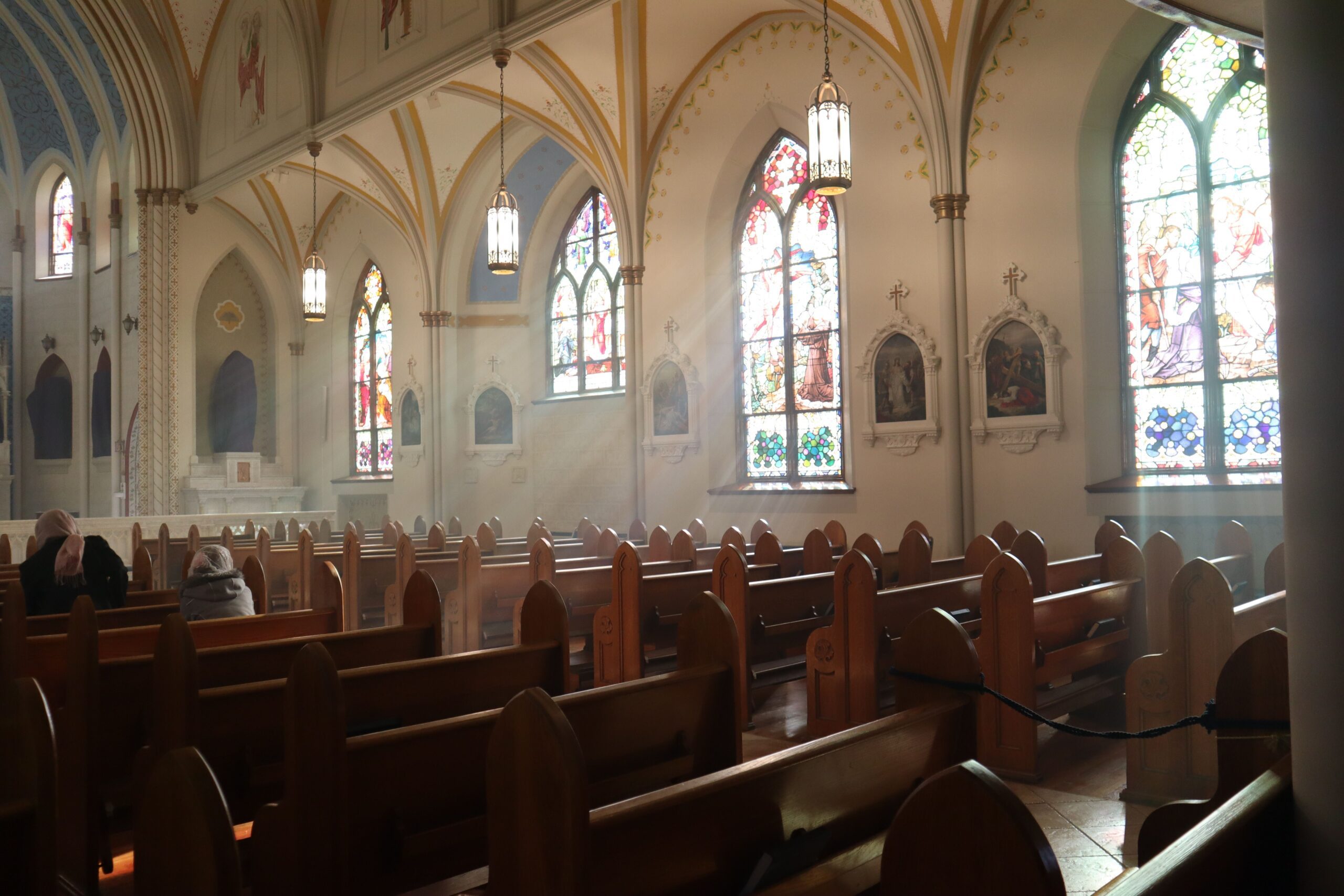When I started attending Alcoholics Anonymous meetings at 19, they became my religion. I attended the support group for years and found them helpful simply for giving me somewhere to be around others without drinking. After deciding to seriously abstain from alcohol in my 40s, I went to Alcoholics Anonymous (AA) meetings daily – sometimes more than once a day – for a full year. I made friends who introduced me to Christianity, and began to take my faith as seriously as the meetings. Now, 32 years after joining the program, I attribute my 10 years of sobriety to a full year of daily AA meetings while attending church services regularly. At 51, I am doing better than ever – without sitting in on AA meetings.
I know firsthand how addiction can severely affect the person struggling with it and their loved ones witnessing it. There are many forms of addiction, like gambling, alcohol abuse, drug abuse. For almost all of them, there are 12-step support groups to attend. AA is among the oldest and largest. There are mirror organizations like Al-Anon and Alateen to help adults and teenagers support their struggling loved ones. While 40 percent of AA attendees drop out in the first year, addiction specialists say the AA program has a success rate of between eight and 12 percent.
You may unsubscribe from any of our newsletters at any time.
If your hands are shaking, knuckles are white and all you can think about is your next drink, AA is the right place to be – maybe for many years. One of the problems I had with AA meetings was being naïve enough to think everyone I encountered was working the 12 steps in every part of their lives. A friend once warned me: “You can sober up a drunken horse thief, but you still have a horse thief.”
During my first year in the program, a friend I met at AA took advantage of me as a disabled, unemployed person in many ways, including making me work without pay in his car lot. Years later, when I was trying to help him during a relapse, he stole my video games, apartment keys and even took my psychiatric medication. Locked out of my own home and without my medicine, I finally tracked him down to a local detox facility and got my keys back. It was very hard to trust anyone in the 12-step programs afterwards.
But the friends who took me to their worship services 10 years ago helped me realize I had enough of daily AA meetings. I enjoyed the social aspects of the 12-step meetings, but when I attended a Catholic mass, I got so much more out of them compared to repeating recovery stories. Everything about the services seemed truly holy and sacred – from the singing of hymns to the advice the priest gave during the homily. Everything felt rooted in the Christian faith I had come to understand by studying the Bible. The people I met and had fellowship with really seemed to be walking in faith. After attending mass on a regular basis for just a few months, I felt so much stronger spiritually. All cravings for alcohol just left me.
More on Broadview:
- The public response to Canada’s new alcohol guidelines misses the point
- Demand for safe consumption sites is growing, and United churches are speaking up in support
- We need to start talking about alcohol at church
I have friends who had serious addictions but are now regular churchgoers who find it sufficient to attend one AA meeting a week or less. According to 12-step literature, the most important thing in sobriety – or as a loved one affected by another person’s addictions – is to develop a strong spiritual foundation. Many find this in the meetings but I felt like I needed more. I had to find a community of believers who cared for me and supported my desire to grow spiritually through Bible study, prayer and learning the catechism. It wasn’t a simple thing to change my whole outlook on life from a material focus to a spiritual one. I had to push myself to make friends, take time each day to pray and to apply a moral code to every aspect of my life.
With the success I achieved, I concluded that if a person understands the importance of staying clean and experiences true communion with a loving creator as I did through the Catholic Church, it is no longer necessary to strictly attend 12-step meetings. Working with the 12 steps is an incredible way to begin a spiritual journey. It paved the path for me to become a regular churchgoer. I just don’t see the meetings as the end of that journey. A faith practice, done in earnest, can make you a different person who wouldn’t think of using. It can also heal the scars of a loved one’s addiction. This communion could be through the Christian faith, or a Muslim or Buddhist practice. The key is to surrender to a higher power and embrace your chosen faith and its moral teachings, letting it into all aspects of your everyday life.
***
Leif Gregersen is a writer in Edmonton.













